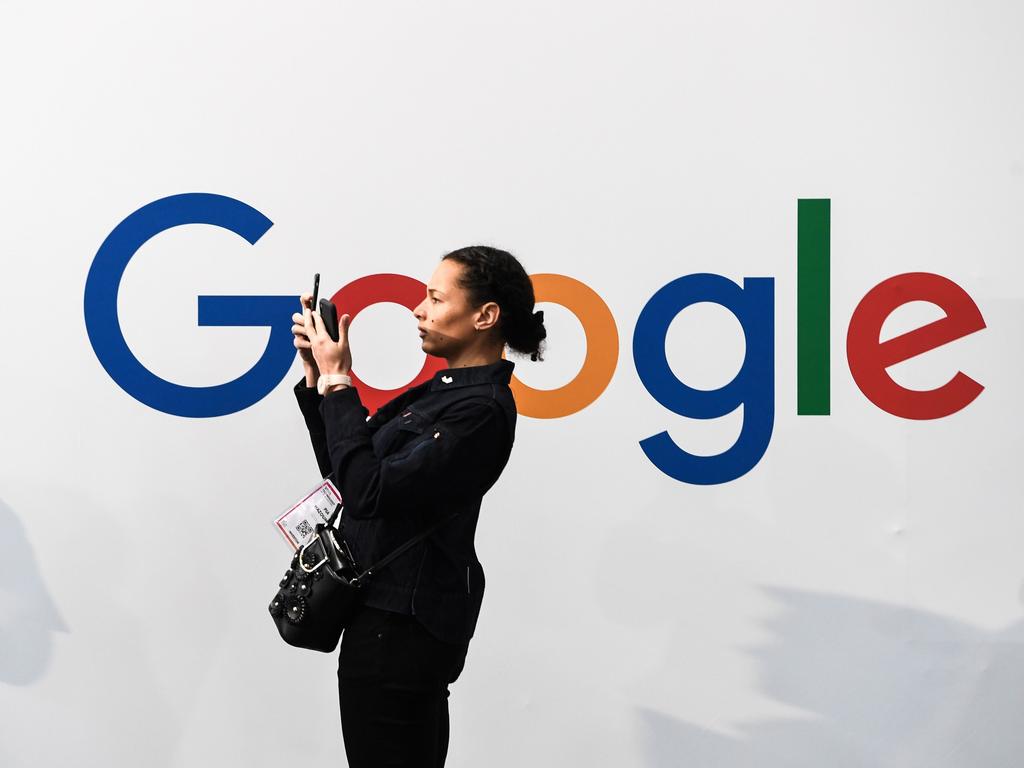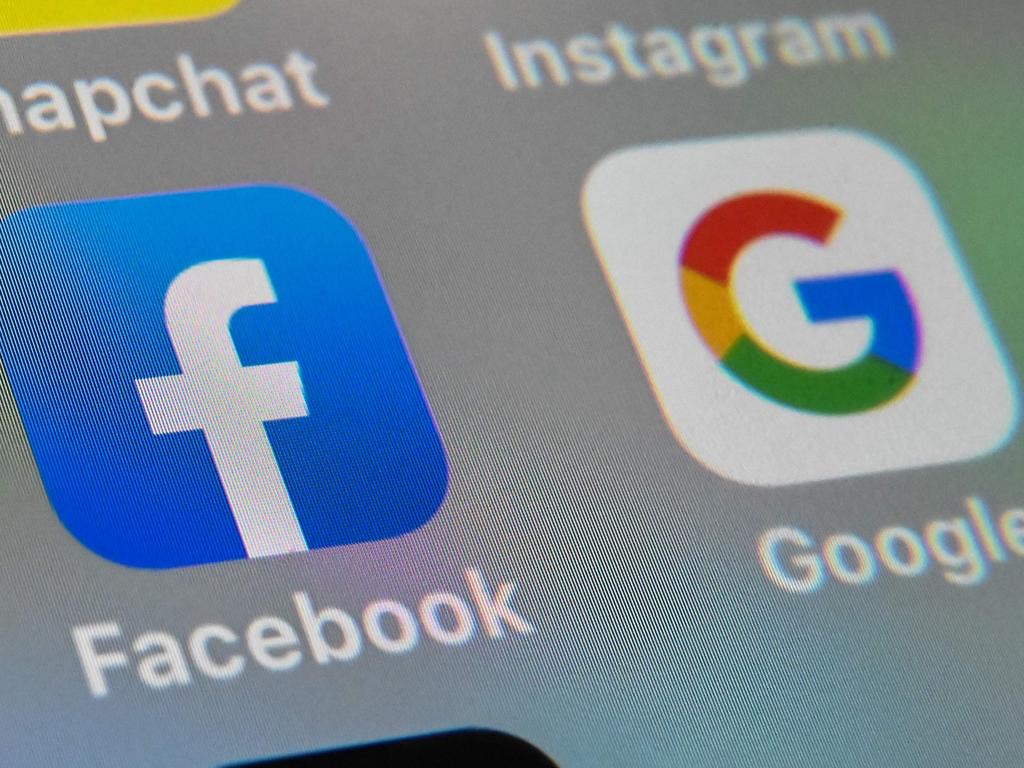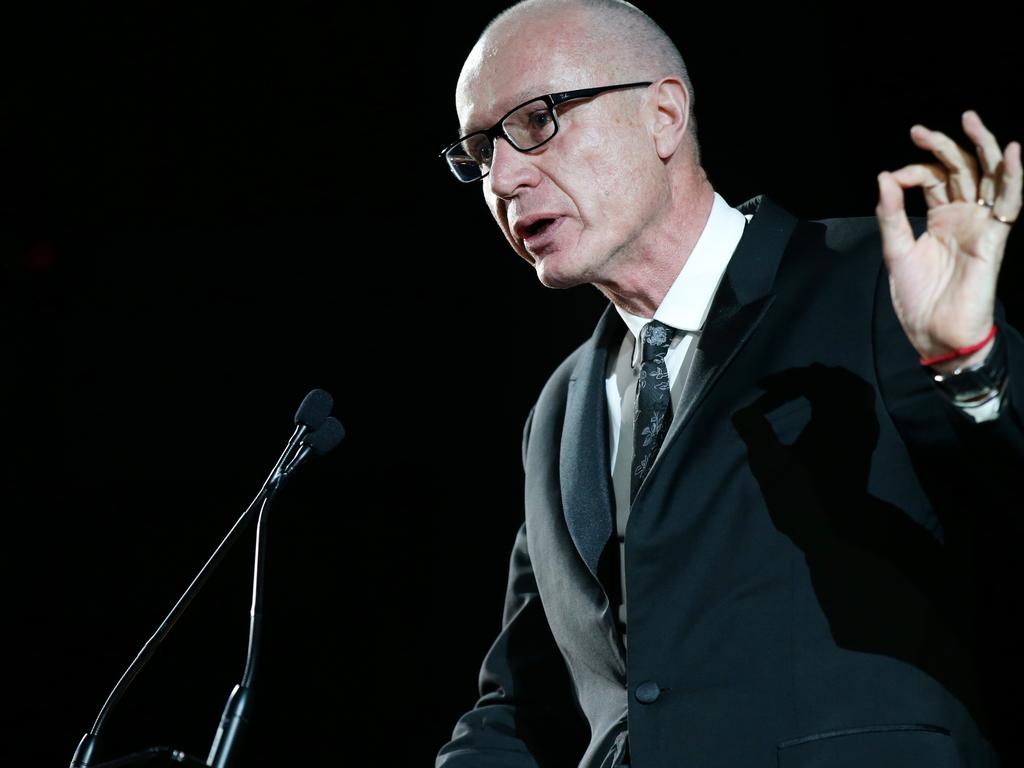High stakes in news media code clash between ACCC and Google, Facebook

The difference is that the money would flow direct to the local businesses, not the government, and would be paid for something in return – that is, summaries and links to news stories – not simply a tax that evens up prices.
What makes it a little bit like a tax is the poison pill provision in the bill that makes the process virtually compulsory for Google and Facebook, which I failed to take into account when I wrote about this last week.
Section 5 of the draft bill says the digital platforms can’t discriminate between news businesses, registered or not, “in relation to crawling, indexing, ranking, displaying or presenting … news content”.
It means Google and Facebook can’t actually dump a local publisher if they demand money for links or news summaries – it’s one out, all out. They have to negotiate, and if there’s no agreement it goes to compulsory arbitration after three months, and the arbitrated amount must be paid.
Nor could they drop all Australian news and simply serve international news – they would have to have no news on their local platforms supplied by third parties.
The other fiendish bit of the draft bill is that the arbitrator can’t come up with his or her own number for the compensation amount – it has to be one of two final offers made by the negotiating parties, that have been made no later than 10 days after the start of arbitration, and which can’t be withdrawn or amended.
If the arbitrator doesn’t like either of them, she or he can only amend one of them, not come up with an entirely new figure.
It means it can’t be like a normal arbitration, such as wages in the Fair Work Commission, where each side makes an ambit claim and the arbitrator picks a number in the middle to make sure nobody’s happy.
So it’s in neither side’s interest to make an ambit claim because it could mean their figure would not be chosen and they would effectively be conceding the game to other side.
The ACCC will begin roundtable consultations on the draft this week so it could change, but assuming both the anti-discrimination provision and the arbitration process stay as they are, two questions become paramount: first, how much money? And second, how many journalists might that provide jobs to?
ACCC chairman Rod Sims refuses to say on or off the record what he thinks the amount should be, and in any case it won’t be a single pooled amount for all publishers to share, but individual amounts negotiated/arbitrated for each. The amounts will be secret, but they’ll probably leak so a standard calculation is likely to develop.
There have been a few stabs at a possible total: News Corp Australia chairman, Michael Miller, says $1 billion; Google Australia CEO Melanie Silva says $10 million; Nine Entertainment chairman Peter Costello says $600 million, or roughly 10 per cent of revenue.
Miller and Silva need to be careful: if one of them goes into arbitration with that sort of ambit claim, the arbitrator might have to go with the other side’s number.
If applied globally, Costello’s 10 per cent of revenue would end up being $US16 billion for Alphabet (Google) and $US7 billion for Facebook, which in 2019 would have been between half and a third of their net incomes, respectively, and therefore potentially hundreds of billions off their market values.
And there’s not much doubt that other countries would copy Australia’s approach if it works. In the United States, Trump might not do it, but Biden definitely would.
But let’s go with 10 per cent for the moment. If all of that money was used to hire journalists, it would result in 6000 jobs at $100,000 p.a. each, on average.
Or it could be zero jobs, if the publishers decided to give all the money to shareholders.
That’s arguably a hole in the draft legislation: it doesn’t prescribe how much should go to employing journalists, but it may be covered by section 52ZP, that says that one of the things an arbitrator must consider is the cost of producing the journalism, so the publishers’ final offers (of up to 30 pages) will have to some discussion of that.
So, what … half to jobs and half to shareholders? In that case we’re talking 3000 jobs, more if they’re paid less.
Media academics at LaTrobe University estimated in 2018 that 3000 journalist jobs had gone in Australia, so if anything like Peter Costello’s number gets up it could bring back most, if not all, of the lost jobs.
The ACCC told me they’d be happy to stop further reductions in journalist numbers - getting some rehired would be a bonus. But I don’t think that’s ambitious enough, and I would hope the arbitrators take a similar view.
The stakes for both sides of this debate couldn’t be higher: the survival and perhaps even flourishing of journalism against quite a big hole in the global profits of Google and Facebook.
The only way around it, it seems to me, would be for Google and Facebook to employ their own journalists and produce their own news, which needless to say would be catastrophic for the publishers.
But the way the bill is written, they would have to do that before finding out what they were up for. Once they start negotiating, they would have to see it through and pay the arbitrated amount.
* Alan Kohler is Editor in Chief of Eureka Report







In some ways the ACCC’s draft code of conduct on Google and Facebook would act like an import tariff, protecting employment in a local industry from imports.